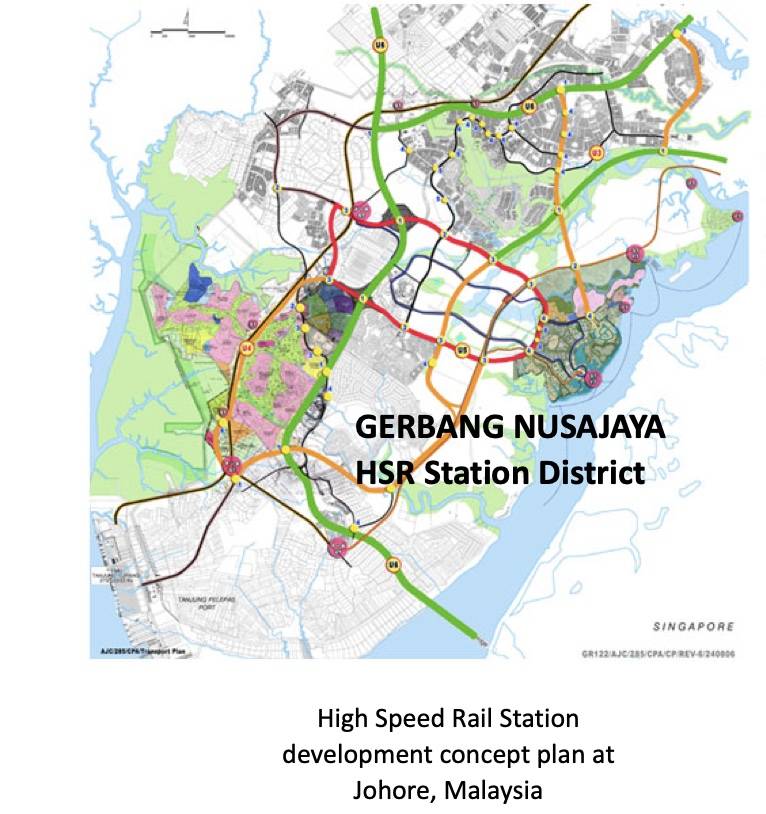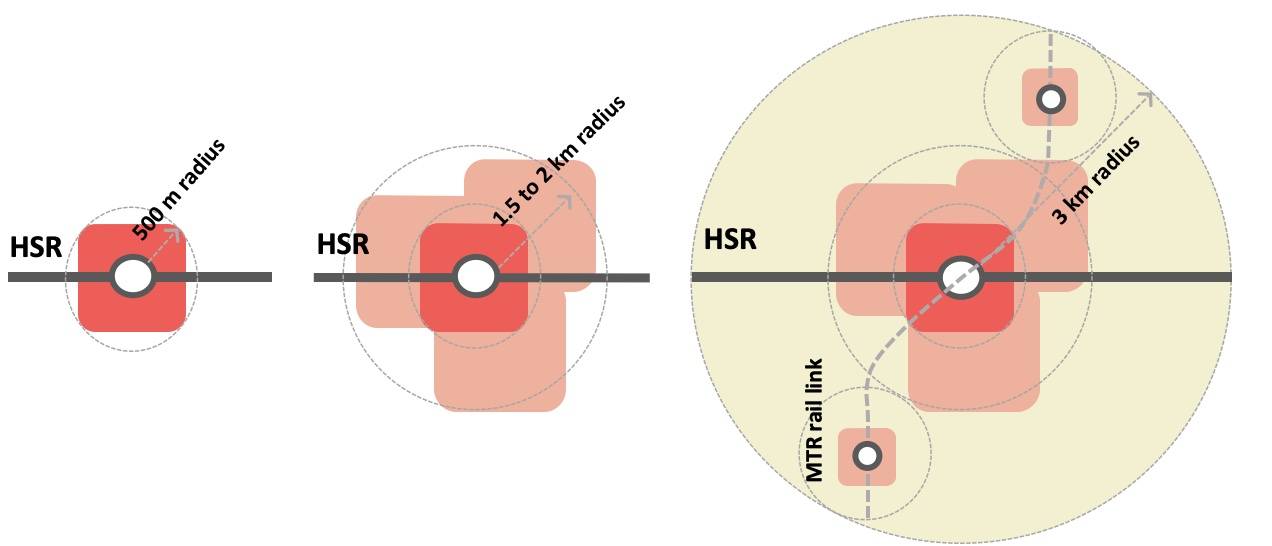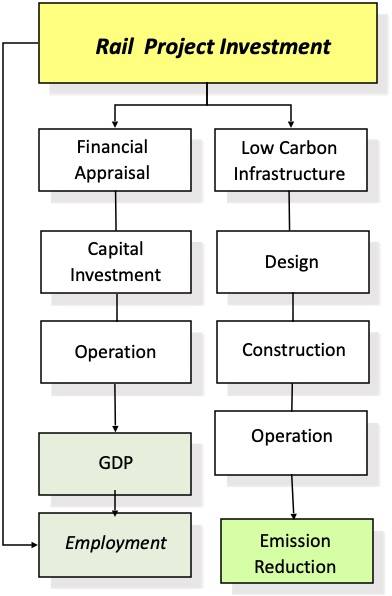Our Stories
Selected projects of what we have done
Low Carbon Urban Development
• Beijing Shougang Carbon Neutral and Climate Positive Road Map, Beijing, China
• Post Shanghai Expo - Urban Best Practices Area (UBPA) Low Carbon Implementation Plan, Shanghai, China
• Low Carbon Eco-City Detailed Regulatory Plan Implementation Guidelines, China
• Review of China Sustainable Cities Programme, China
• City of Taoyuan Airport City Area Smart City Development Strategy, Taoyuan, Taiwan
• New Taipei City Urban Design Guidelines, New Taipei, Taiwan
• Taiwan Land Development Corporation Green Business Development Strategy, Taipei, Taiwan
• Wuxi Taihu New Town Low Carbon Eco-City Development Plan, Wuxi, China
• Malaysia-Singapore High Speed Rail Corridor Feasibility Study, Malaysia
-
We led the preparation of the first carbon neutral roadmap for one of the largest urban regeneration project in China – the former 8 sq km steel work site in Shijingshan District, Beijing, China. Part of the project, the carbon neutral demonstration area, has won the UK Royal Town Planning Institute International Award Finalist Award, and the Hong Kong Green Building Award (Research and Planning) Merit Award. It was designated as the first climate positive project in China by the international organization C40.
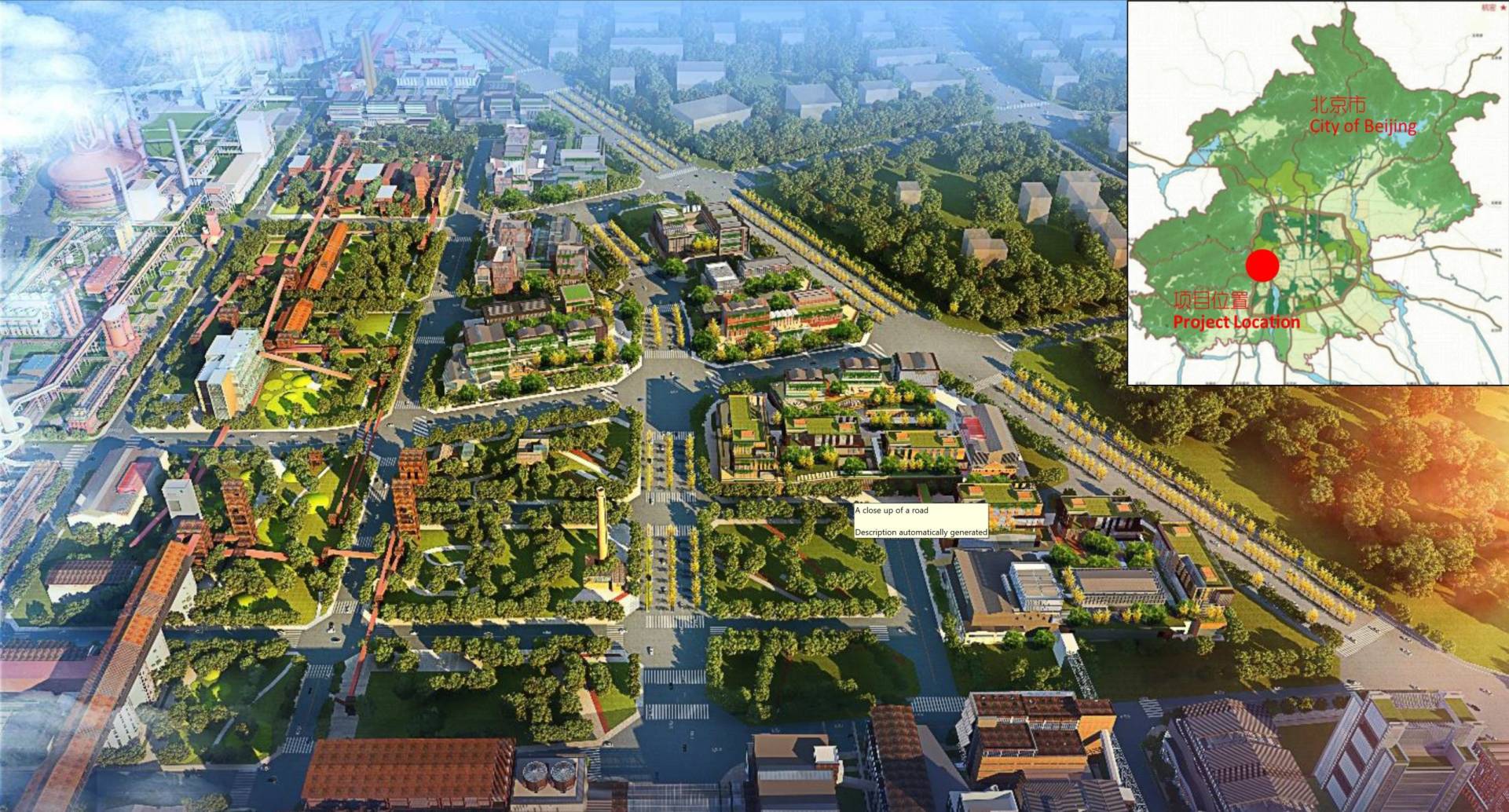

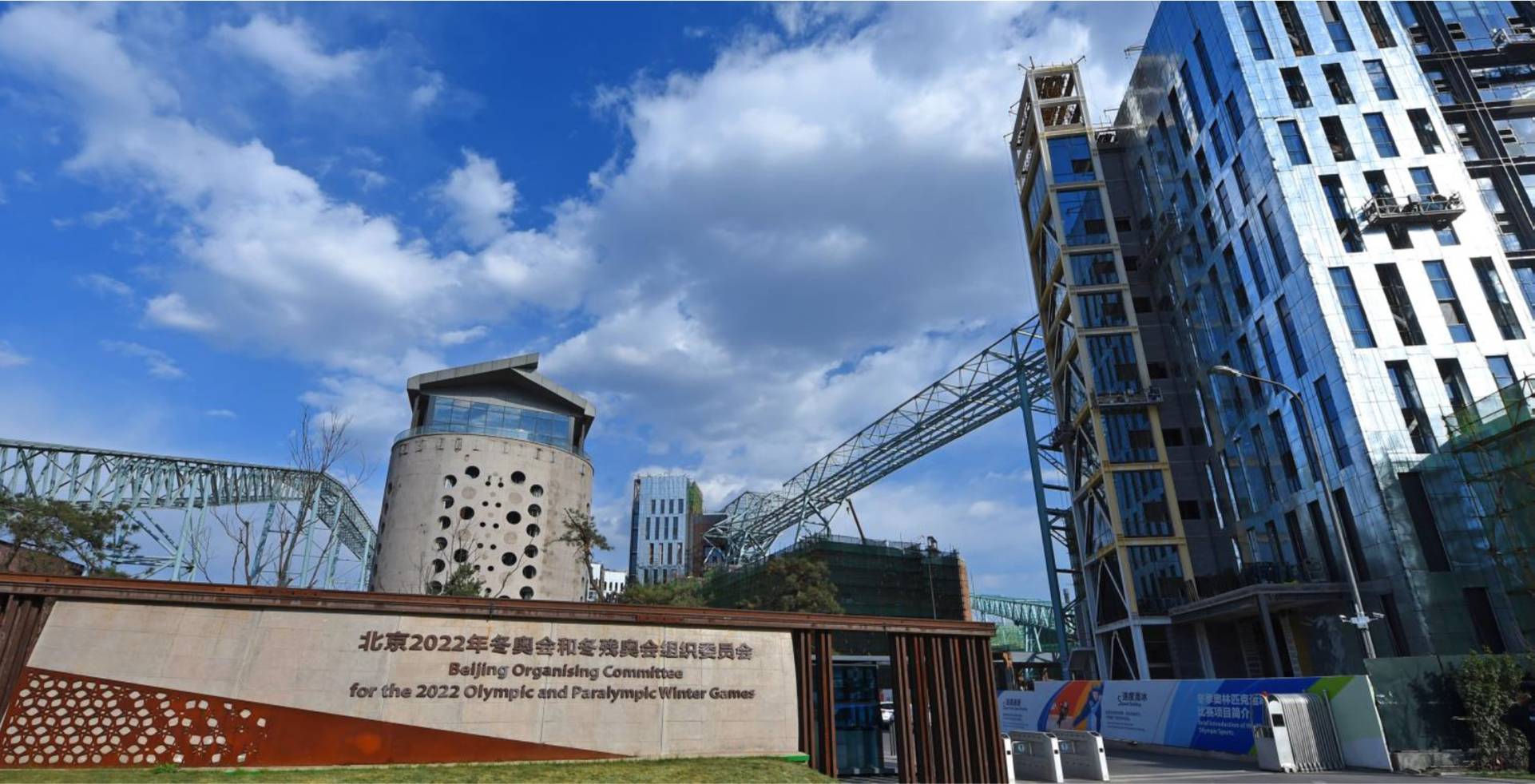
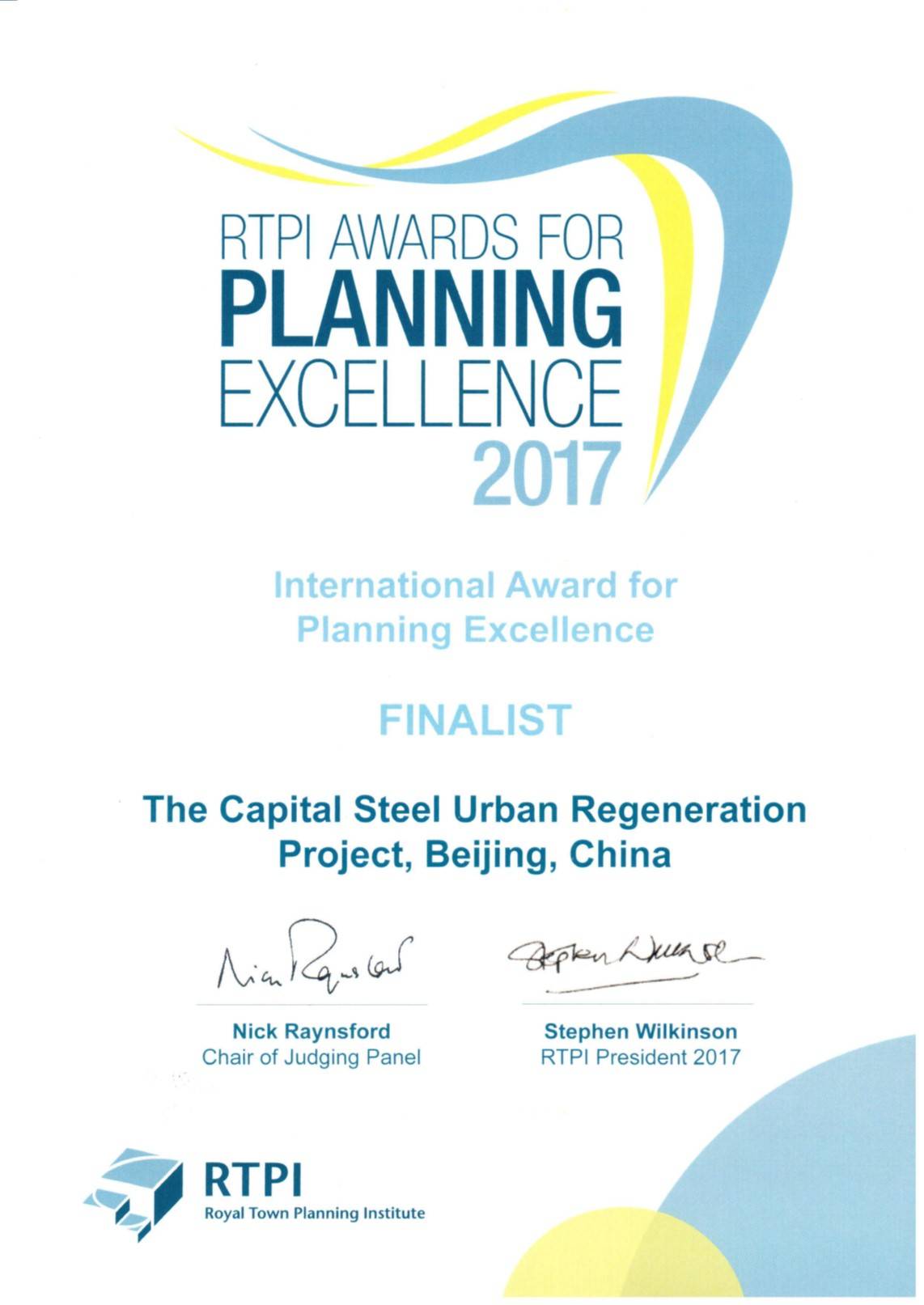

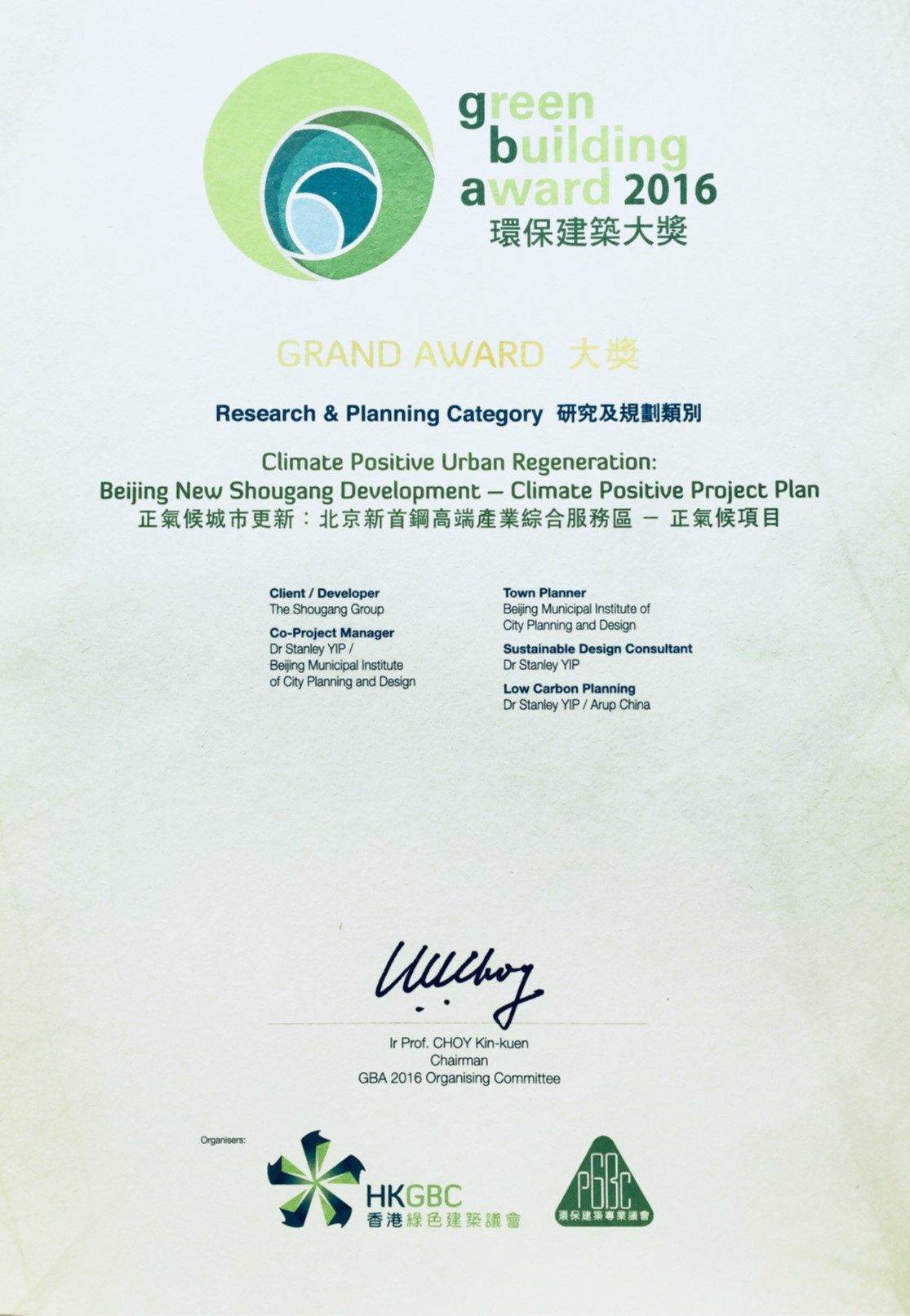

-
Dr. Stanley Yip led the preparation of the low carbon implementation plan for the phase one of the post Shanghai Expo site redevelopment. This is the first project outside North America pre-certified as Leadership in Energy & Environmental Design Neighbourhood Development (LEED – ND) Platinum Level. The project provides the best example of managing carbon e missions through low carbon development codes for sites and buildings.
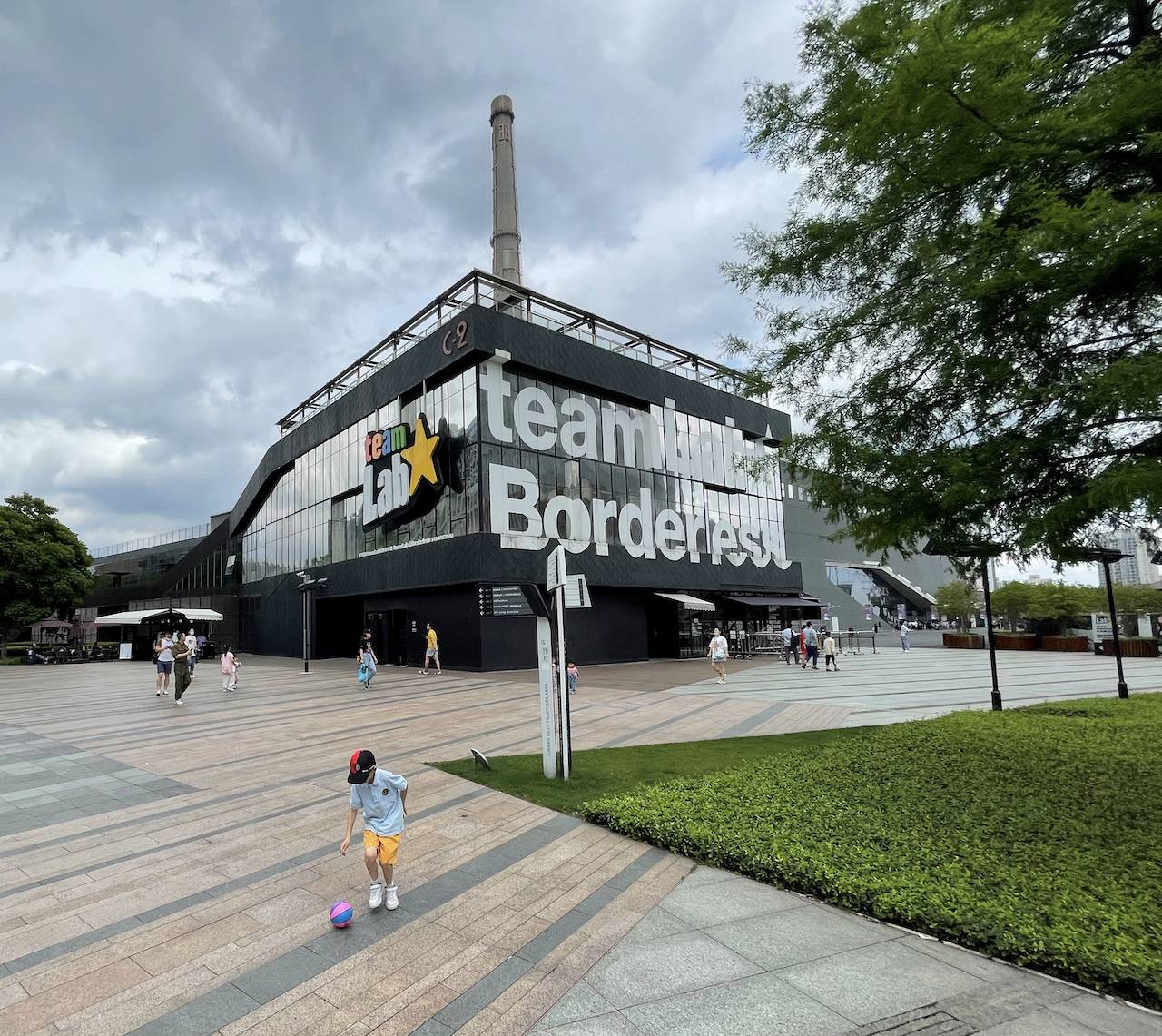
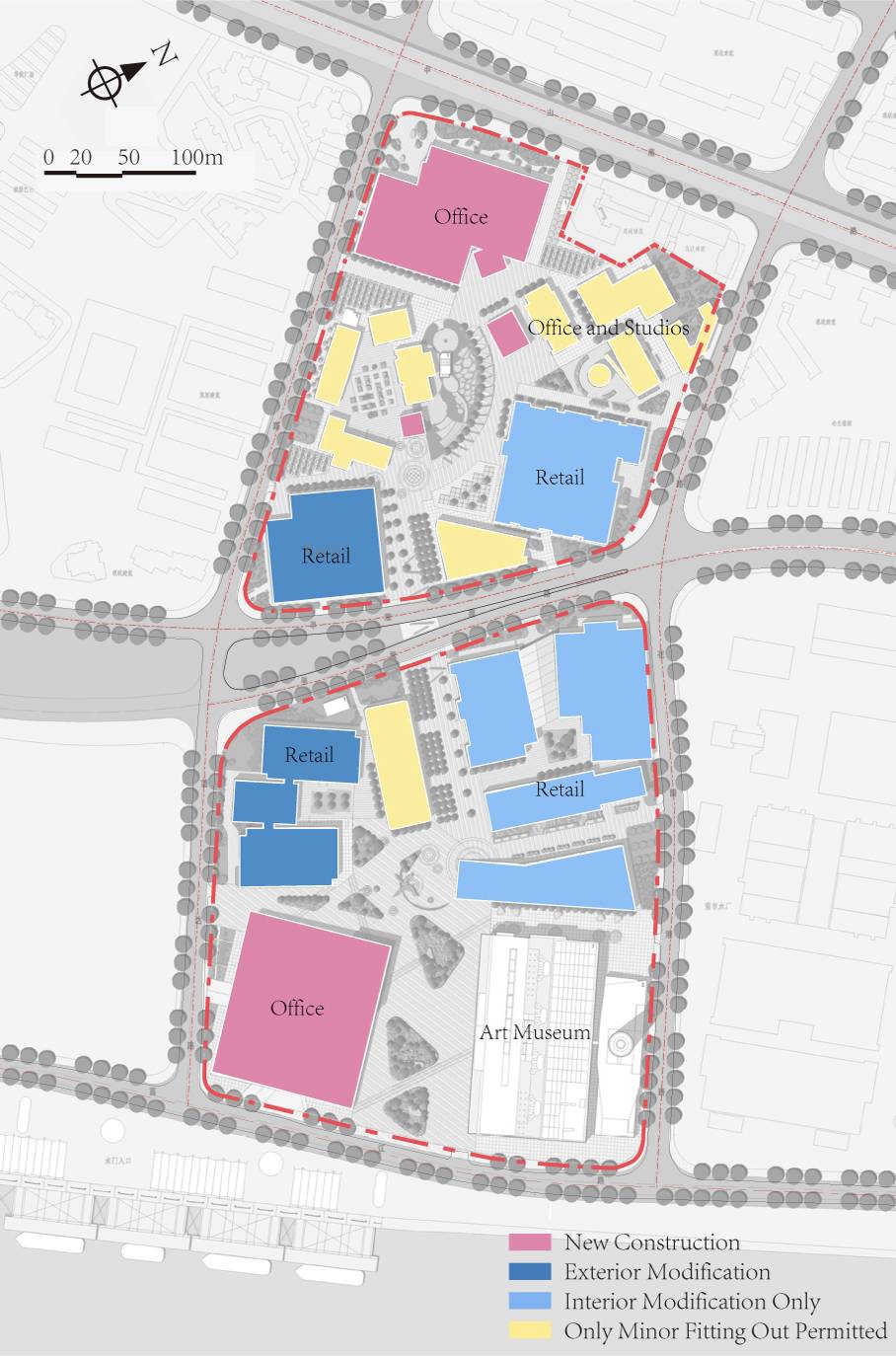

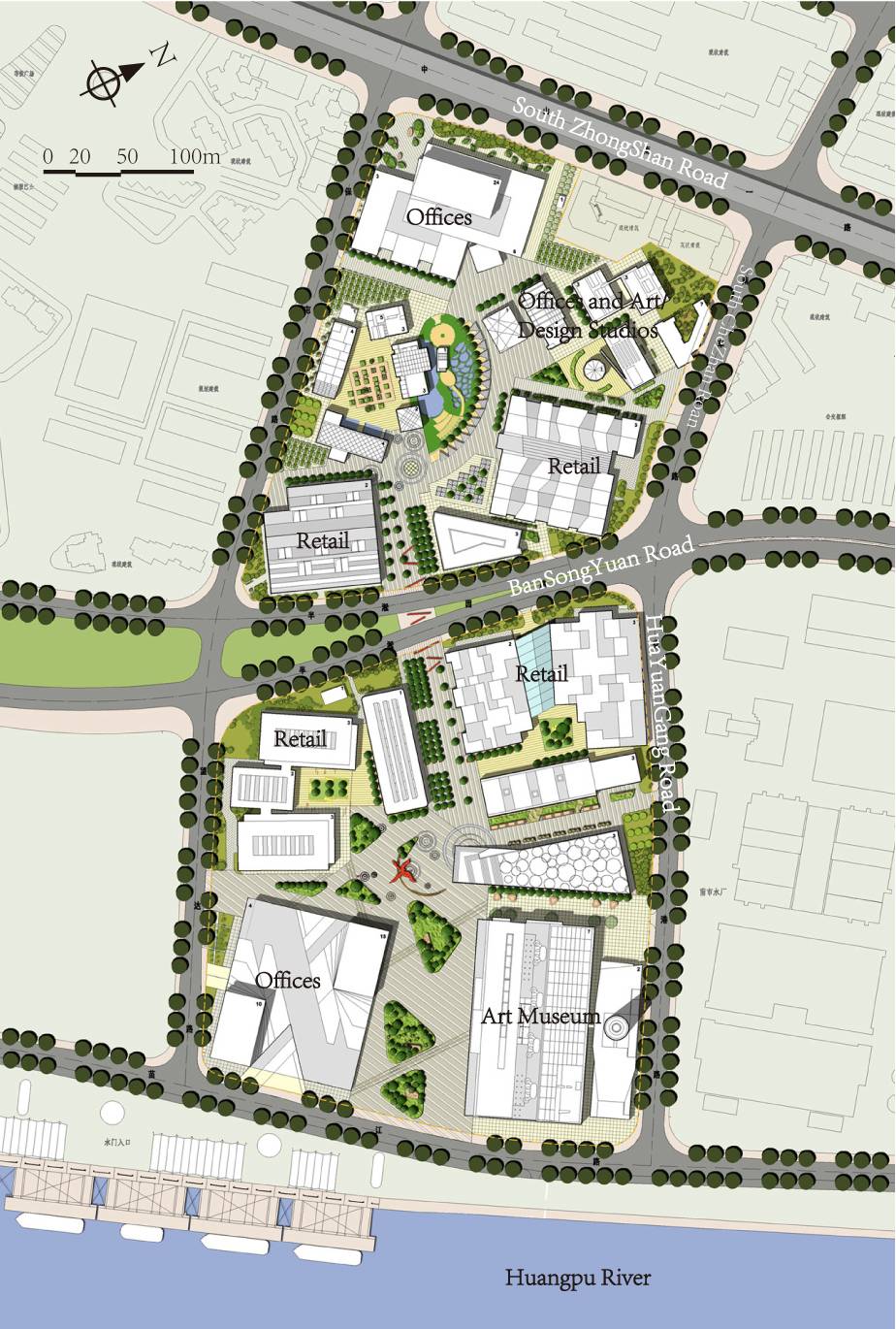

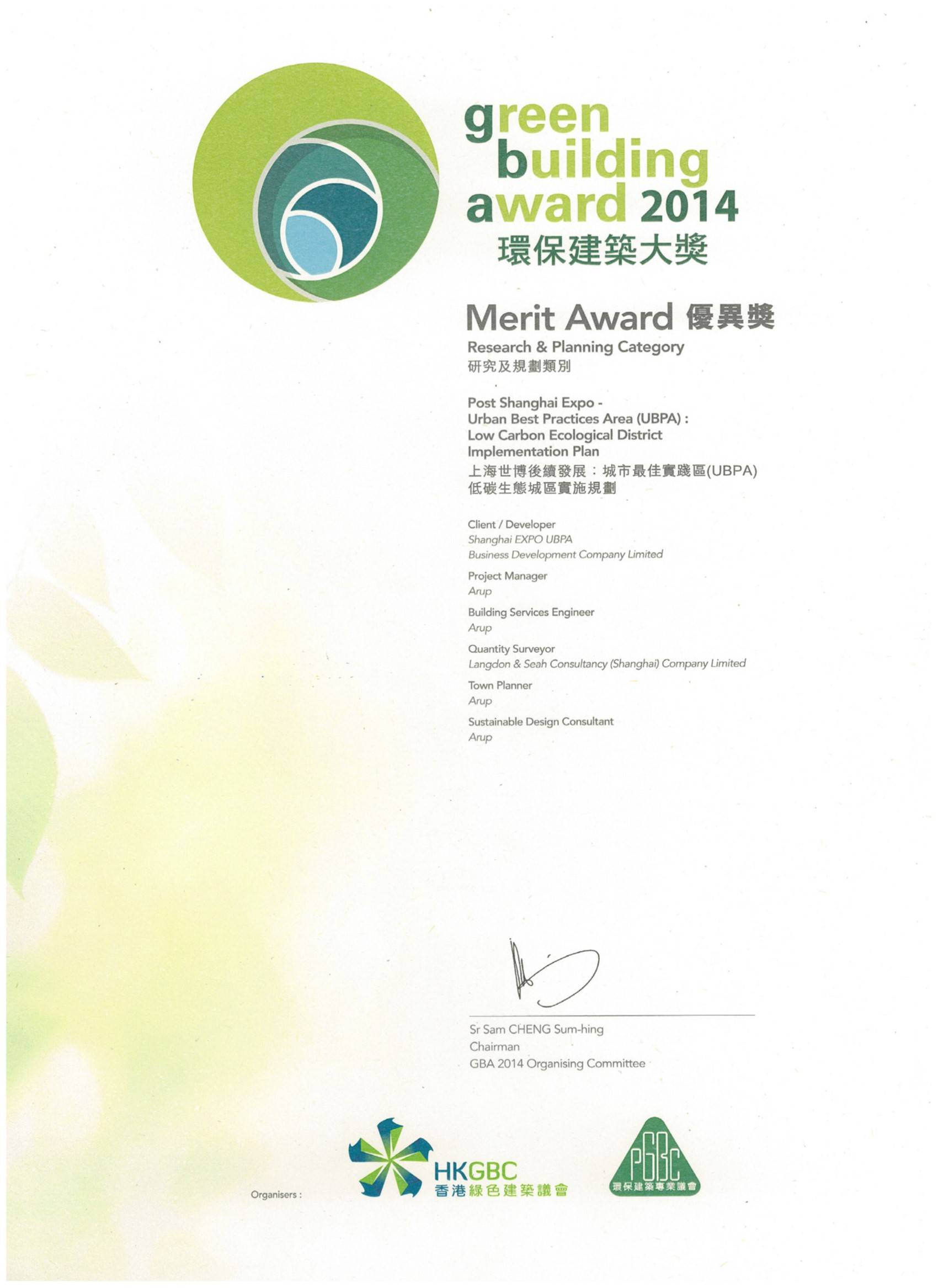

-
Dr. Stanley Yip led the research teams at the Peking University and the Urban Planning Society of China to carry out the evaluation of the implementation of low carbon eco-city detailed plan in Chinese cities. The evaluation outcome was a Guidelines on the Implementation of Low Carbon Eco-City Detailed Regulatory Plan for Chinese cities.
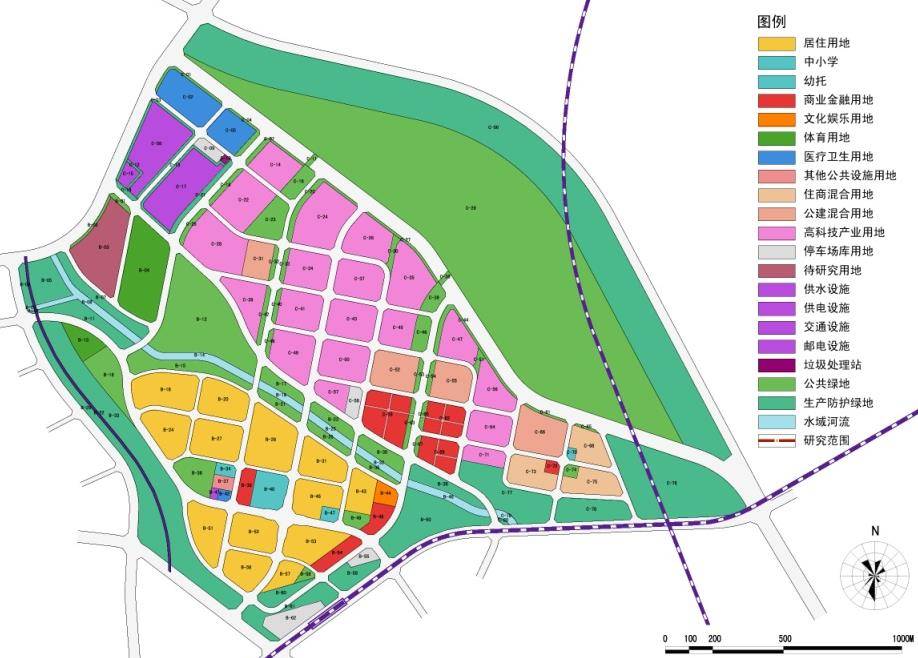

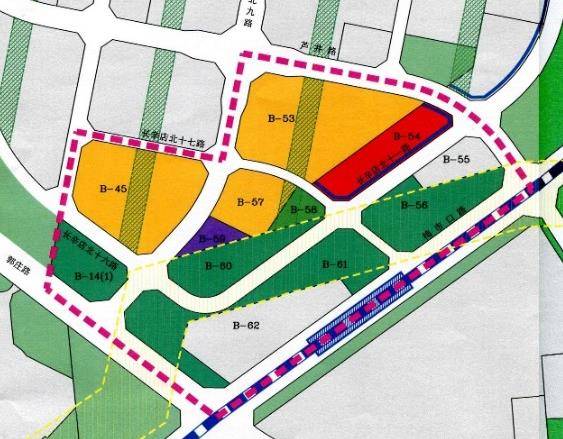

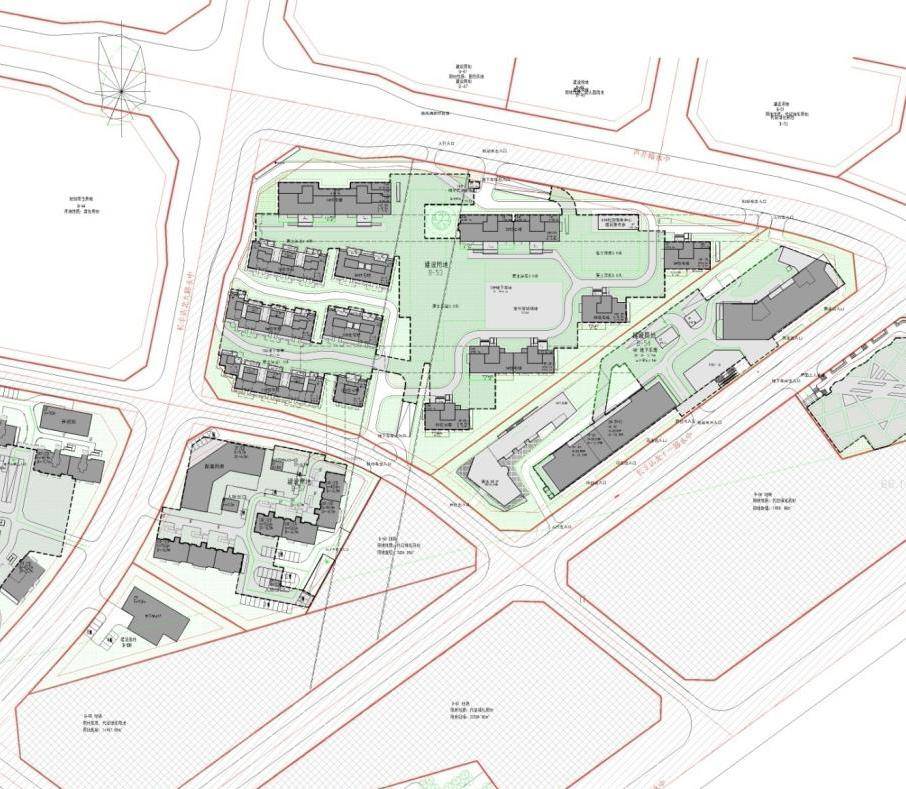

-
The Children Investment Fund Foundation (CIFF) commissioned Global Impact Advisors in conjunction with Mother nature Resources Limited to conduct an evaluation of Energy Foundation China's 2015-2016 China Sustainable Cities Program which was funded by CIFF. We conducted interviews and reviewed program documents to assess the relevance, effectiveness, and impact of CSCP on climate policy development in China. We formulated a series of actions to support the next step of the programme to focus on carbon peaking for Chinese cities. Initiatives on complementary collaboration amongst the NGOs, quantified emission reduction targets, policy diffusion and implementation going forward have been recommended.
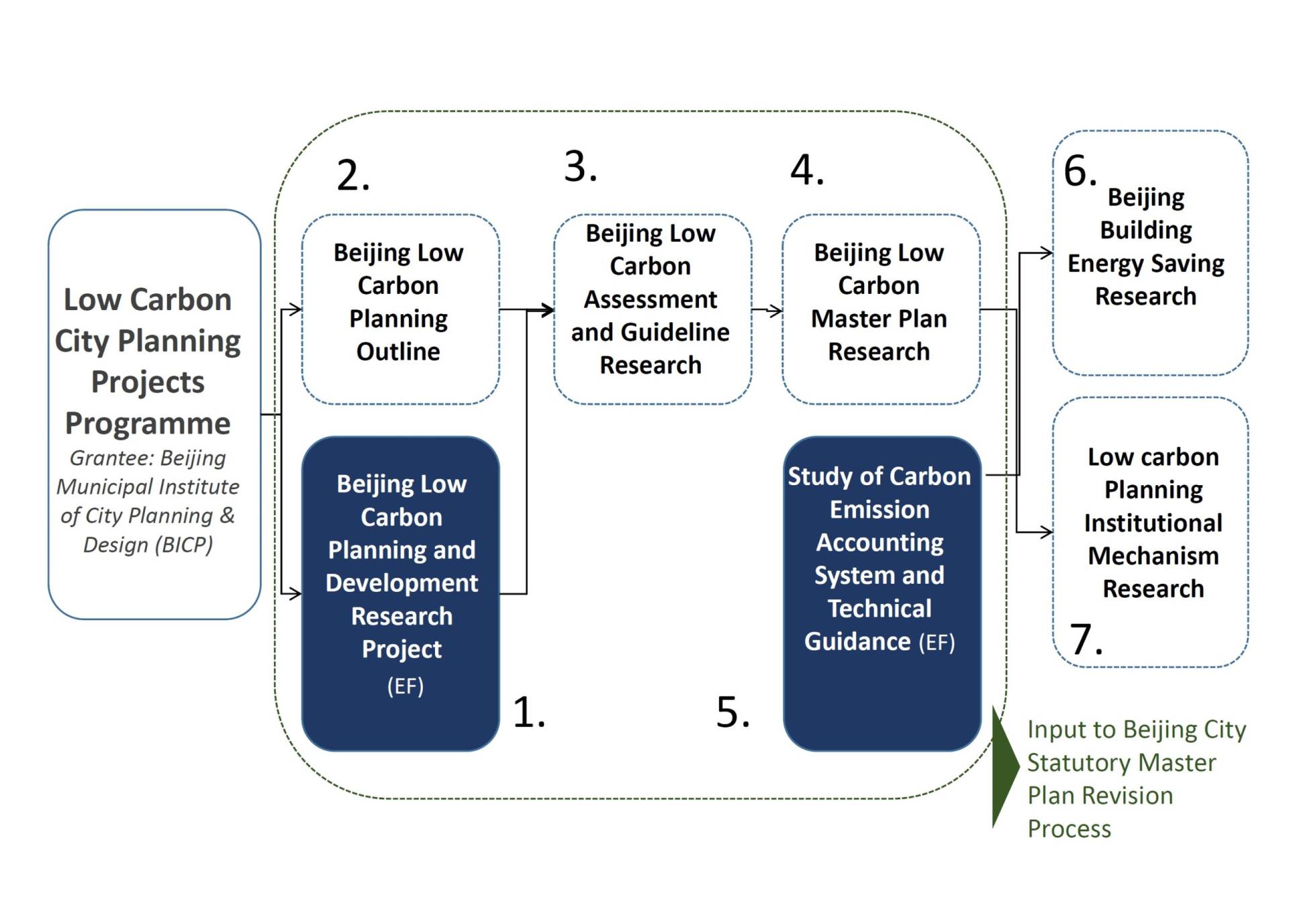

-
We worked in collaboration with Sinotech Engineering Consultants in Taiwan on the development of a smart city strategy for the Tao Yuan Airport City. Recommendations include list of priority IT based and innovative infrastructure projects as enablers for the smart city development.Smart city infrastructure projects are proposed to cover 6 strategic areas and 12 application focuses, based on the relevant UN Sustainable Development Goals SDG.
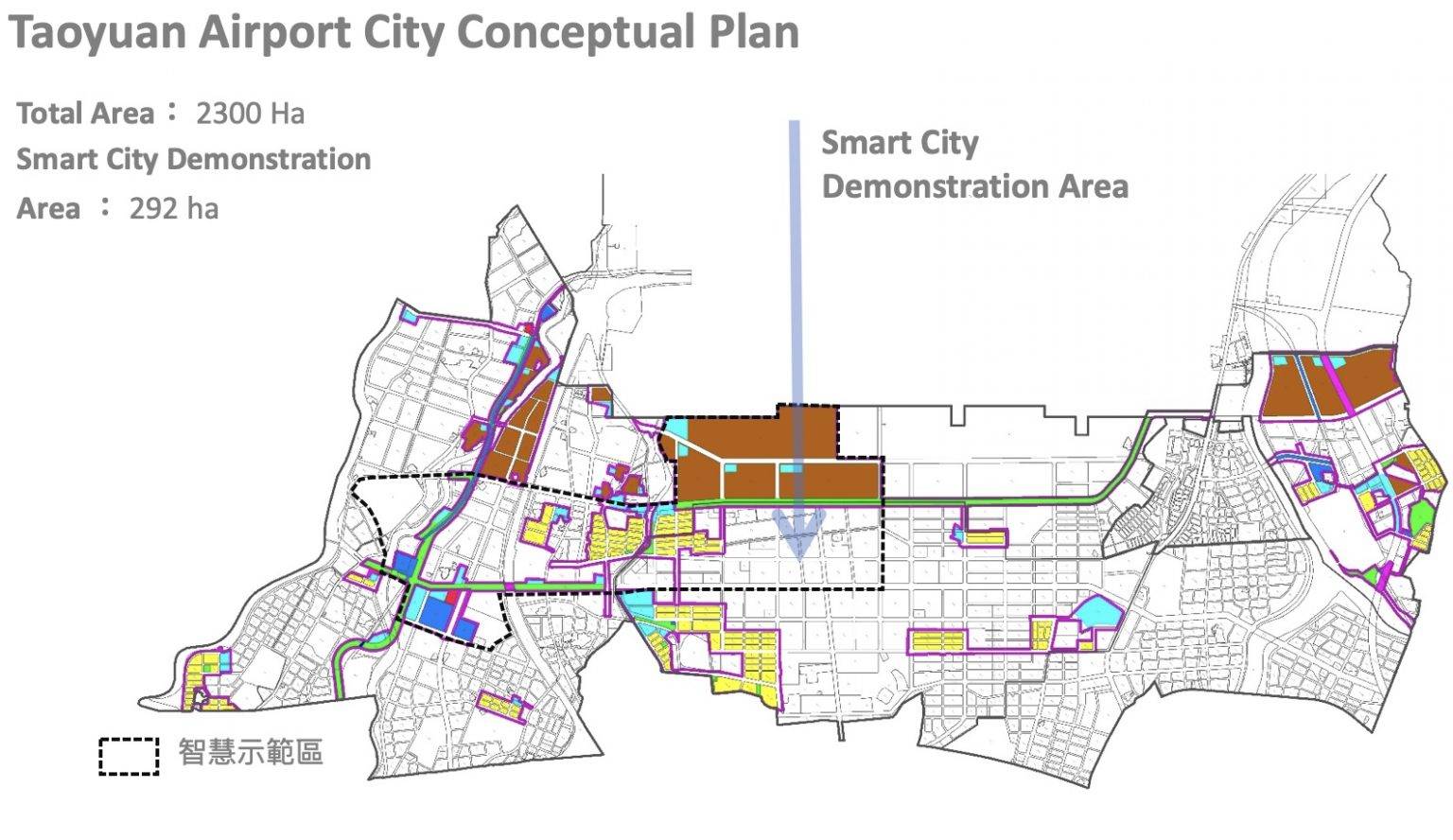

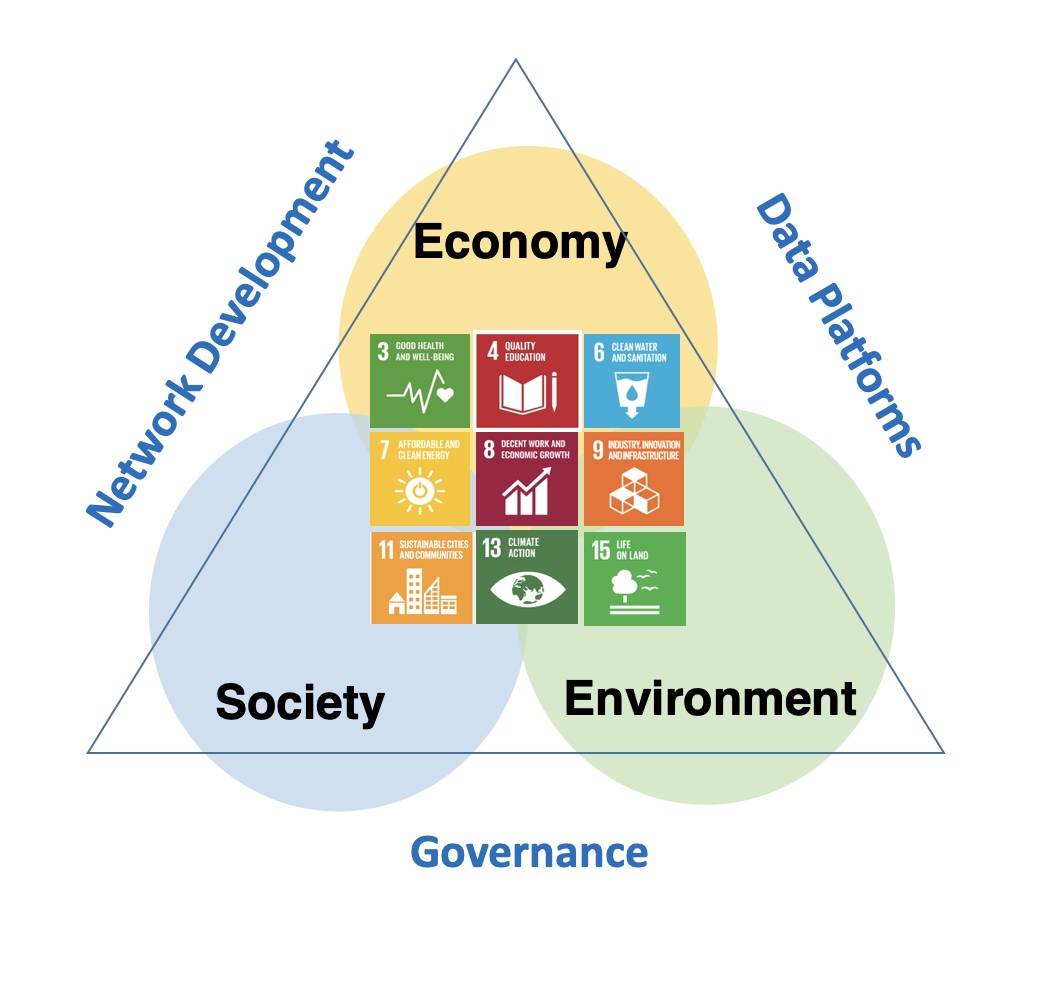
-
We were appointment urban design consultant to provide input to develop the urban design schemes and guidelines for the 5 special development parcels in the New Taipei City. The focus of the urban design guidelines is to integrate sustainable development and ecological principles into site specific planning parameters.
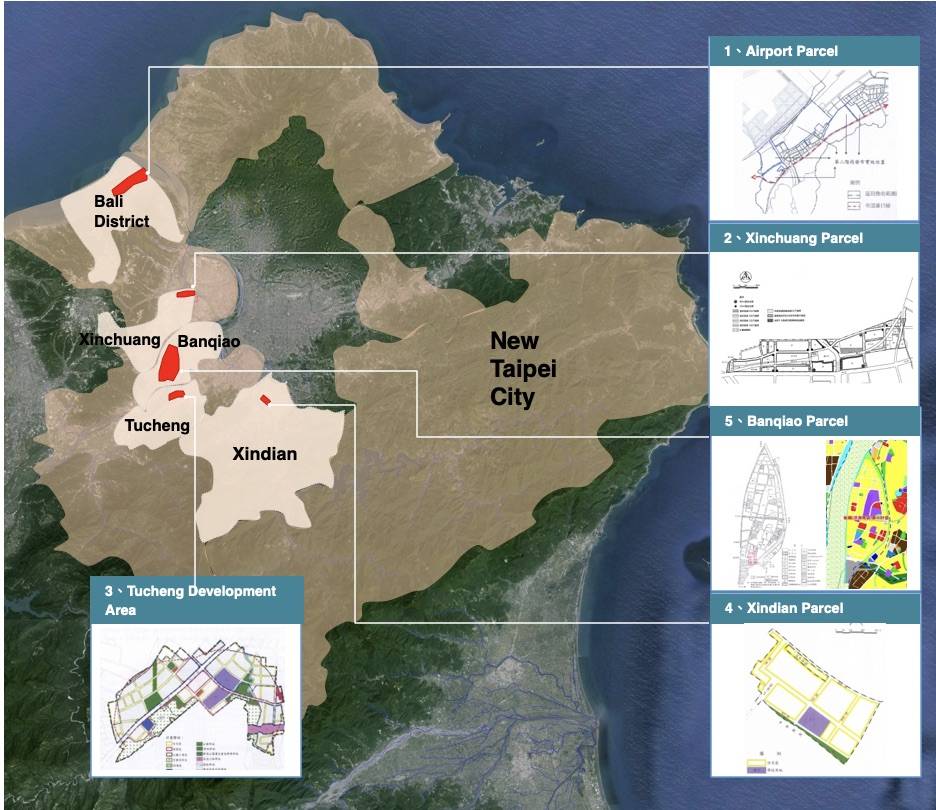

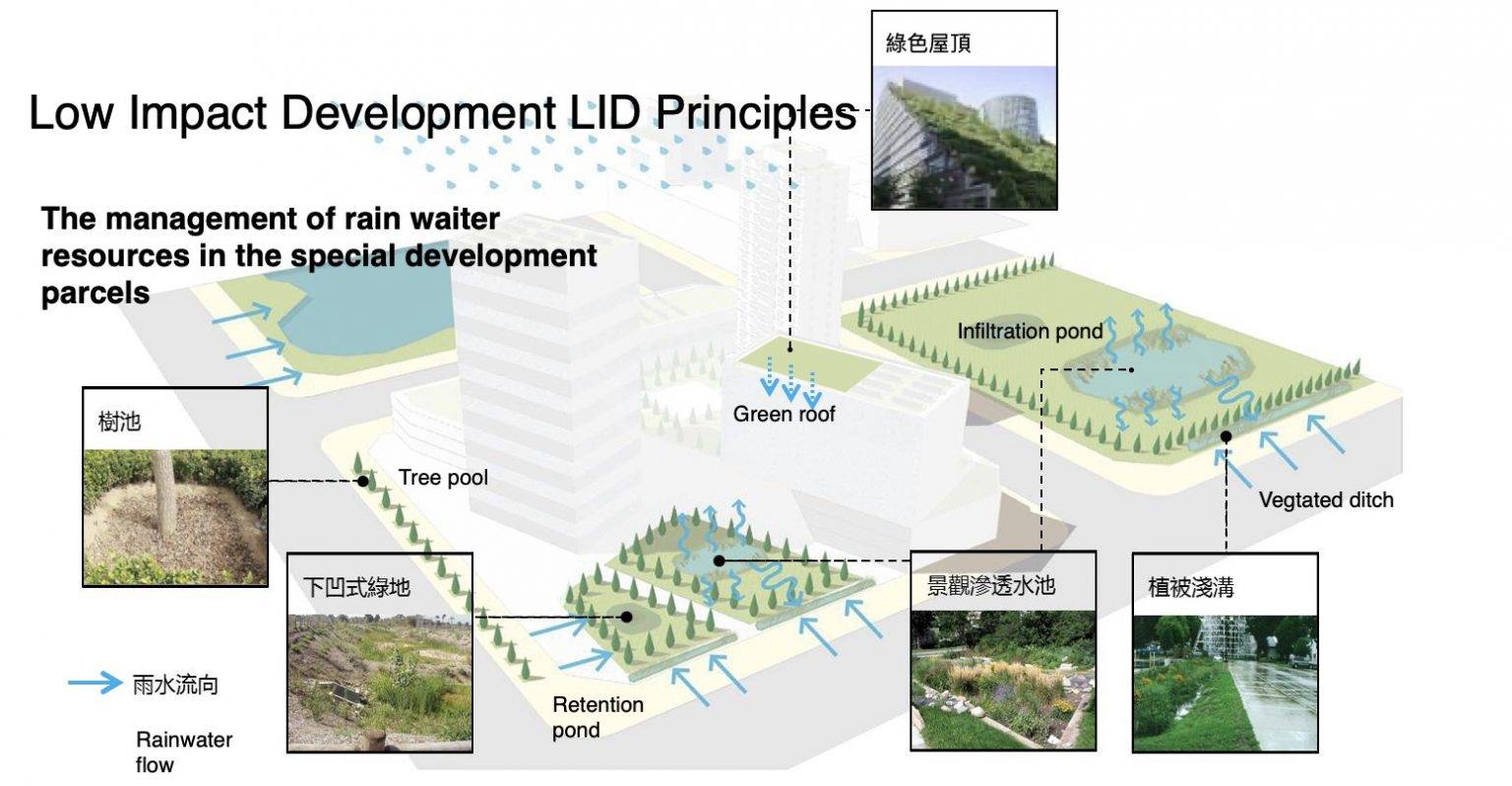

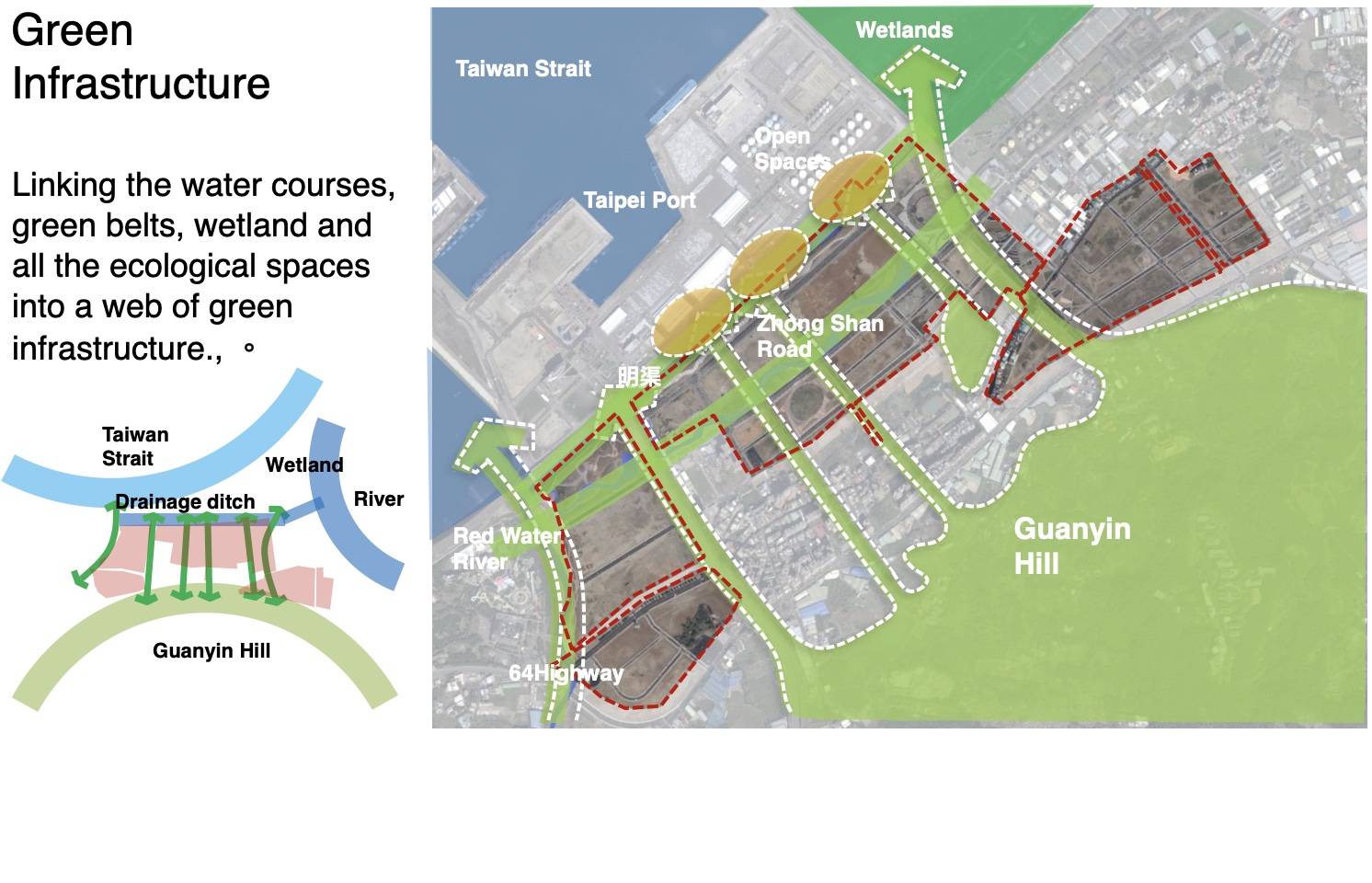

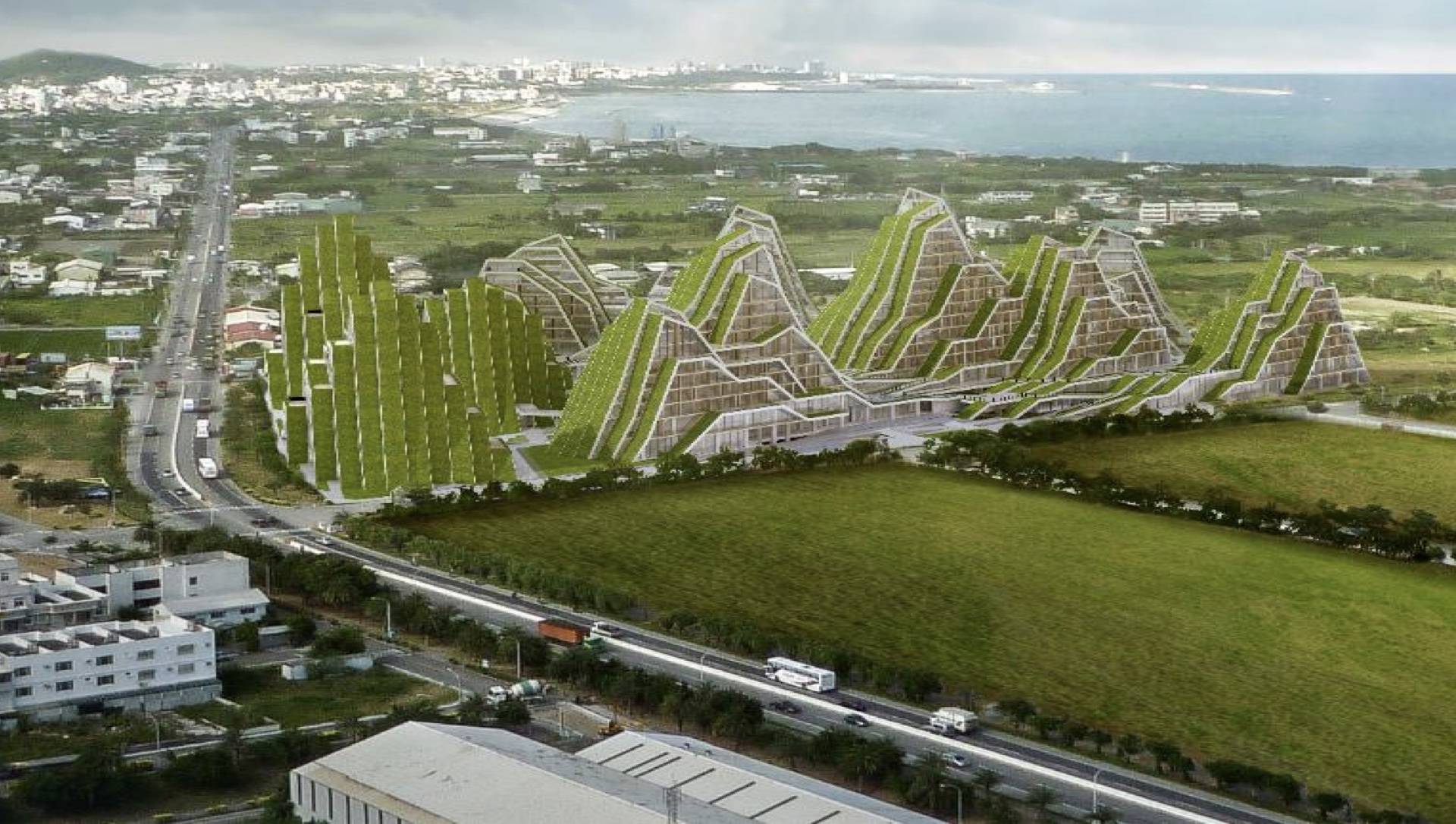

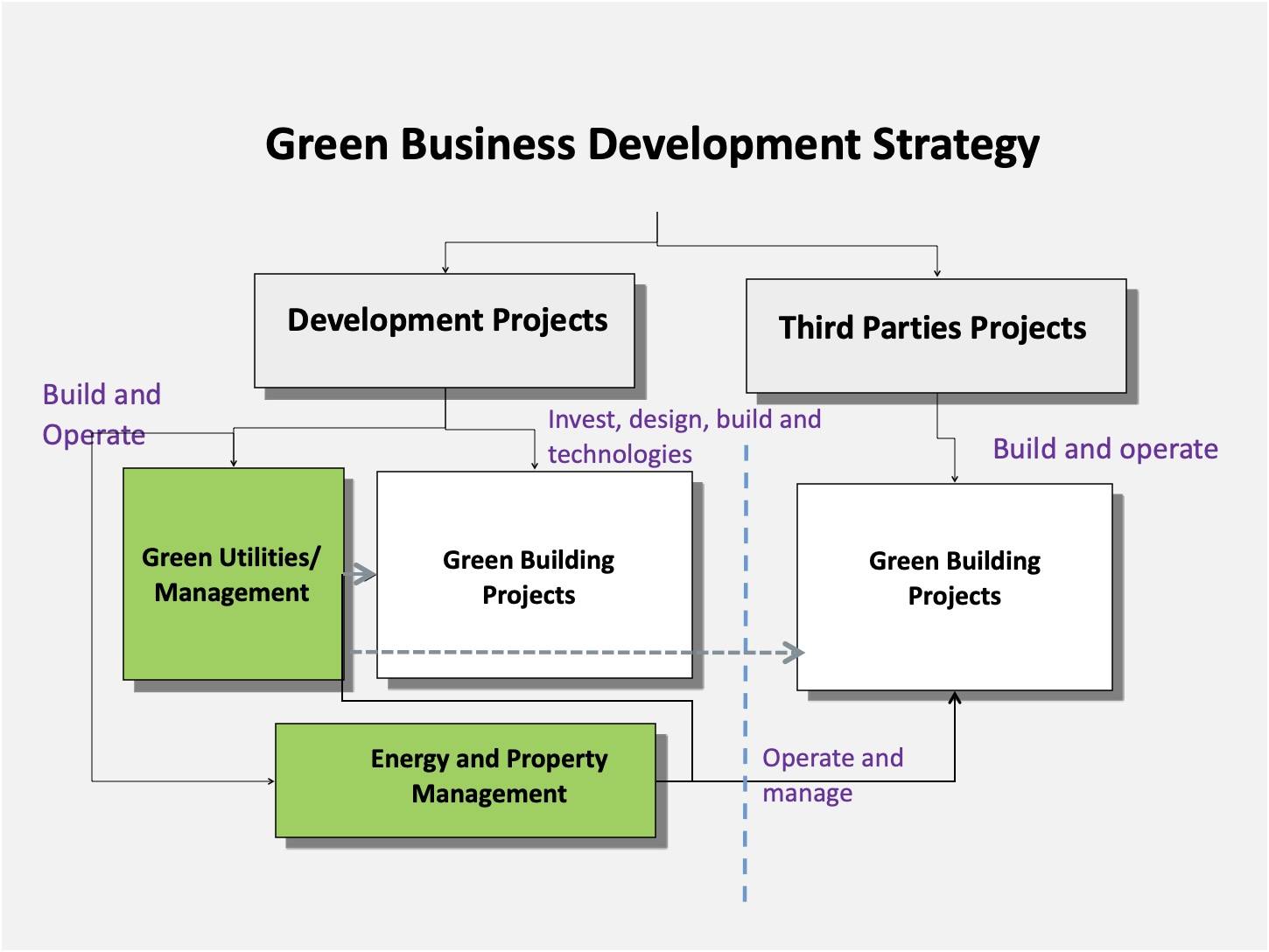

-
Dr. Stanley Yip led the preparation of this 150 sq. km eco-city urban development plan for the Taihu New Town in the City of Wuxi, China. This was one of the pioneering eco-city projects in China and the technical methodologies set up by this project has served as a benchmark for other eco-cities in Chinese cities.
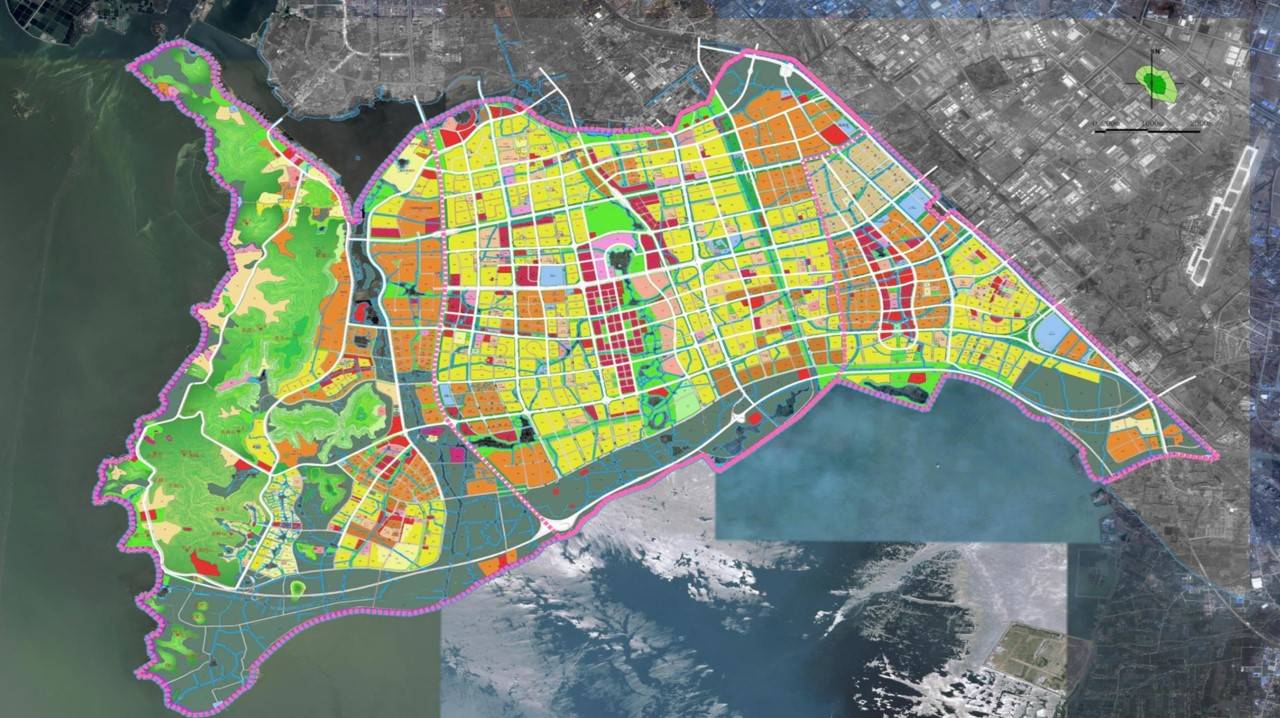

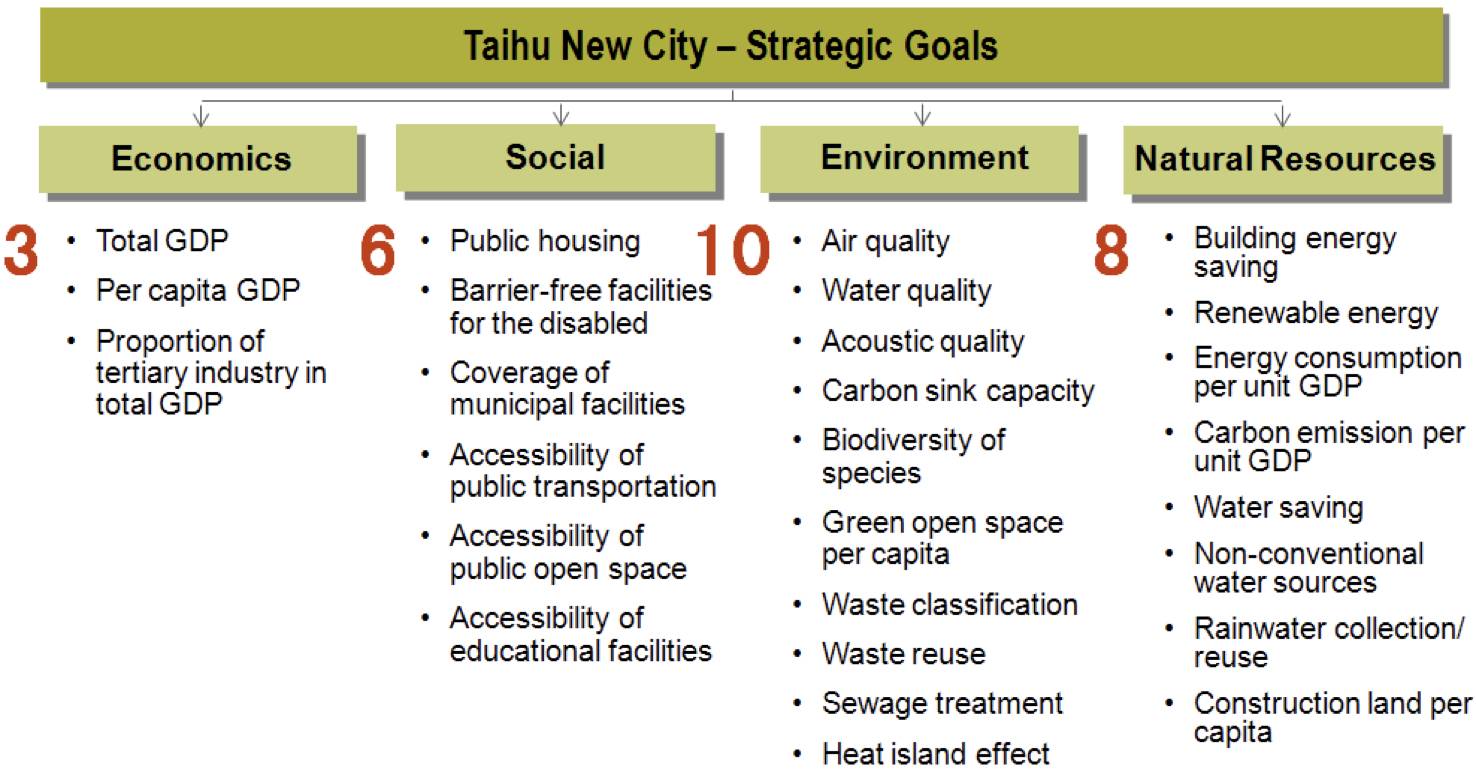

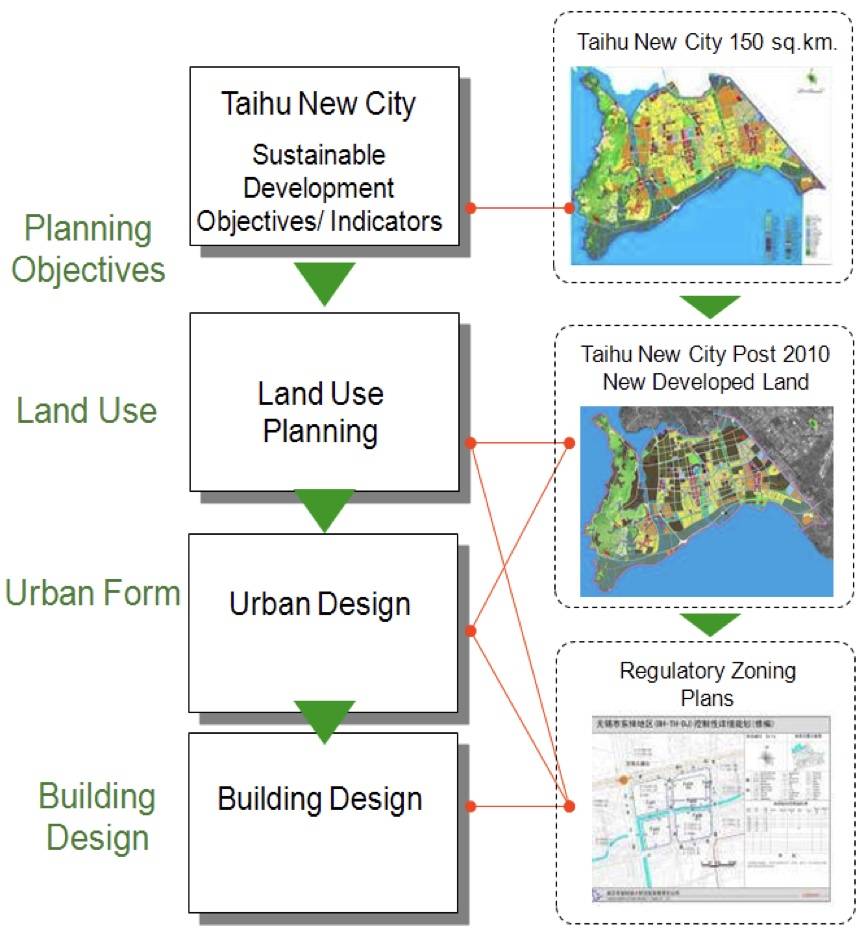

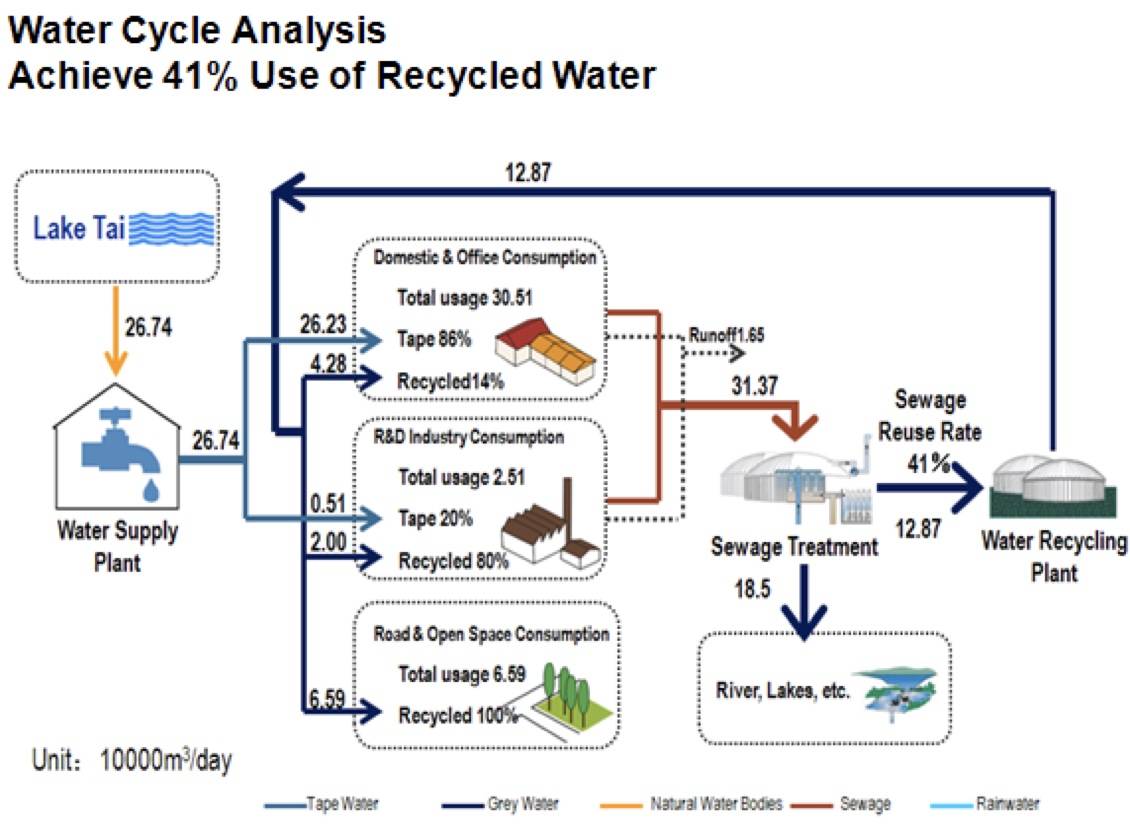

-
We led the low carbon strategy for the high speed rail corridor station development between Singapore and Kuala Lumpur. This project has assessed the economic benefits generated by low carbon infrastructure investment. Innovative sustainable urban design solutions were generated for rail associated development parcels. It also assessed the application of the HSR transport oriented development concept at major stations.
